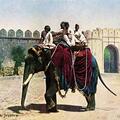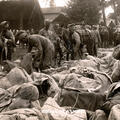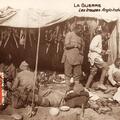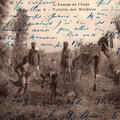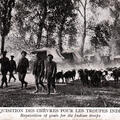Cemetery - Bareilly
There are hundreds of thousands of European graves across the subcontinent, and perhaps thousands of such cemeteries, many attached to churches, and more or less abandoned by the British when they left, and now kept up by locals and private

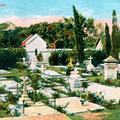
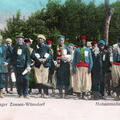
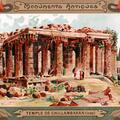
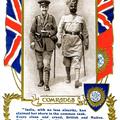
![Mon Brave Hindou [My Brave Indian] Mon Brave Hindou [My Brave Indian]](https://www.paperjewels.org/sites/default/files/styles/square_thumbnail/public/slides/mon-brave-hindou-2.jpg?itok=nR-XO2aQ)
